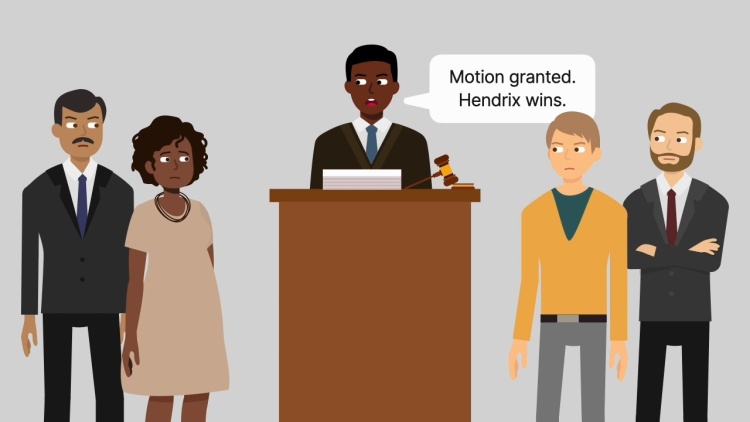Matter of Hendrix
United States Court of Appeals for the Seventh Circuit
986 F.2d 195 (1993)

- Written by Carolyn Strutton, JD
Facts
Sara Page (plaintiff) was injured in an accident by a car driven by Daniel Hendrix (defendant). Page filed a personal-injury suit against Hendrix. Following the accident, Hendrix declared bankruptcy. Hendrix listed Page as a creditor in the bankruptcy proceedings. Page failed to file a claim in the bankruptcy despite receiving notice of the bankruptcy. As a result, the bankruptcy court discharged Page’s claim, which barred Page from collecting any debt from Hendrix. Hendrix, however, had liability insurance at the time of the accident through the Atlanta Casualty Company (ACC). Precluded from collecting from Hendrix under the bankruptcy, Page sought to proceed against ACC. On appeal, Page and ACC presented briefs arguing opposing sides of whether a discharge in bankruptcy precludes litigation against the debtor’s liability insurer outside of the bankruptcy. Before the appellate briefs were filed, however, a relevant case in the same circuit was decided, In re Shondel, 950 F.2d 1301 (7th Cir. 1991). Shondel addressed the same issue and held that a discharge in bankruptcy does not preclude litigation against the debtor’s insurer. Neither Page’s attorney nor ACC’s attorney cited Shondel in their appellate briefs, even though ACC was an insurance company and Shondel was an insurance case decided in the same circuit in which ACC’s attorney was located.
Rule of Law
Issue
Holding and Reasoning (Posner, J.)
What to do next…
Here's why 907,000 law students have relied on our case briefs:
- Written by law professors and practitioners, not other law students. 47,100 briefs, keyed to 996 casebooks. Top-notch customer support.
- The right amount of information, includes the facts, issues, rule of law, holding and reasoning, and any concurrences and dissents.
- Access in your classes, works on your mobile and tablet. Massive library of related video lessons and high quality multiple-choice questions.
- Easy to use, uniform format for every case brief. Written in plain English, not in legalese. Our briefs summarize and simplify; they don’t just repeat the court’s language.





